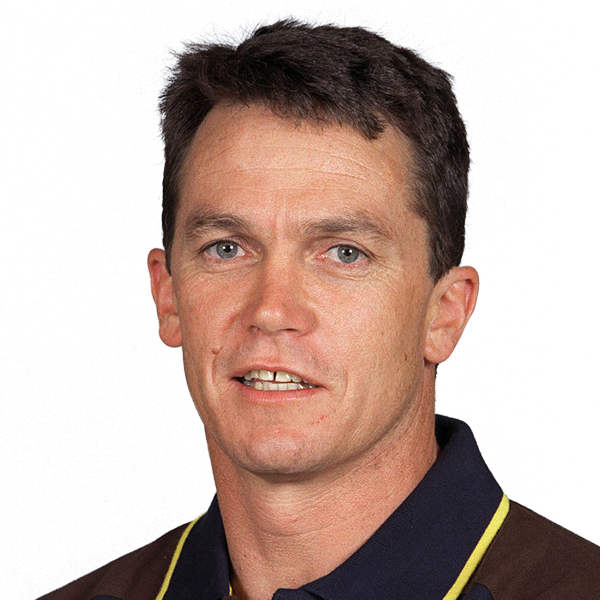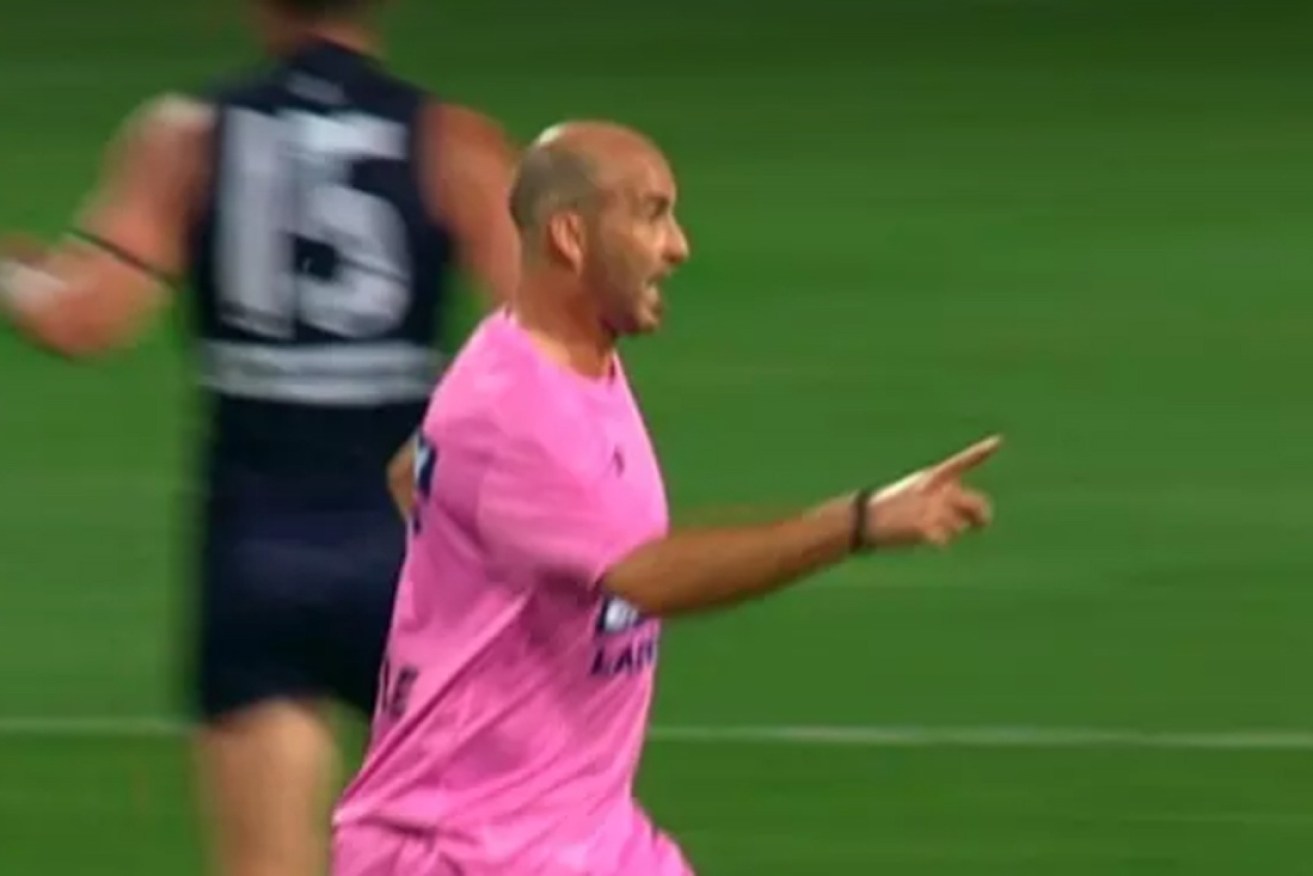Peter Schwab: Do we really need runners in modern football?


Are runners spending too long on the field? Photo: Getty
The use of runners is a hot topic in the footy world after Sydney’s Jeremy Laidler was sent a ‘please explain’ for acts that were deemed not “within the spirit of the game”.
It appeared as if Laidler was coaching Sydney players during the latter stages of Sunday’s thrilling win over North Melbourne, igniting a debate about the role runners play in modern-day football.
I wonder if they are still required.
In today’s football, players in every part of the ground come to the interchange bench during any quarter.
Those players coming on and off can either receive messages from a coach or be given information to deliver to other players. And they can be trusted to do that because leadership skills have never been more developed.
All of this adds up to an uncertain future for the runner.
And that is why I suggest a trial where we do not use the runner and then ask the players if they feel their performance is in any way affected.
The importance of the runner has diminished over time.
Runners were first used in the VFL-AFL in 1955 and my old coach, the legendary Allan Jeans, once said that they needed to be the dumbest person in the organisation.
His rationale was: “If he understands the message then everyone else will”.
We enjoyed reminding our long-time Hawthorn runner during the 1980s, George Stone – the current head of coaching at Gold Coast – of this fact.
The strength of ‘Stoney’ was his ability to be a friend and confidant of the players without losing their trust in a role that has an element of being a double agent.
Stoney could read the game, and more importantly, the emotions of players.
He knew whether to deliver the message with the bluntness that coaches want, or take some time to sugar it to a stressed and sometimes angry player, without losing the essence of the coach’s intent.
When I played, no one ever liked seeing the runner come out.
It meant you were either coming off the field or getting a blast, although Stoney was very good at giving you a word or two of encouragement on his way to speak to someone else.
I always remember Stoney being sent to tell Hawthorn’s great but volatile star, Dermott Brereton, that he needed to lift his game.

Being a runner is not an easy job. Photo: Getty
As he approached Brereton, Stoney saw his glazed eyes and fierce look and read the play, continuing to run past before delivering a quick “lift your game” to an unsuspecting Russell Morris.
When I later coached Hawthorn, I was after someone with similar skills and personality to Stoney.
I knew that would be a difficult task but one person stood out for me: my former teammate Rob Dickson.
Everyone loved Rob. He was respected and trusted by the players and, of course, myself.
For me, Rob’s role was more important off the field. Without ever giving up a player’s confidentiality, he would tell me who I needed to look out for.
We were not without our conflict. On match day, I always had my phone line direct to him.
I remember delivering a message and before I’d finished speaking I saw Rob running out onto the ground.
Upon his return I asked him: “Rob, what was the message you just delivered?”
After some delay he finally answered, saying: “I can’t remember”.
My response: “If you stayed and listened, you might remember next time.”
I have no doubt he would not have wasted his time on the ground, because he would have given words of encouragement to numerous players.
As a player and coach, I know you need great people like Stone and Dickson in your organisation.
But you don’t necessarily need them as a runner.
Football has changed so much in the past 10 years. Maybe it is time for a change with the runners.
Peter Schwab played 171 VFL/AFL matches for Hawthorn from 1980 to 1991, winning three premierships. He later served as Hawthorn coach, AFL National Umpiring director, AFL Match Review Panel chairman and Brisbane Lions list manager








